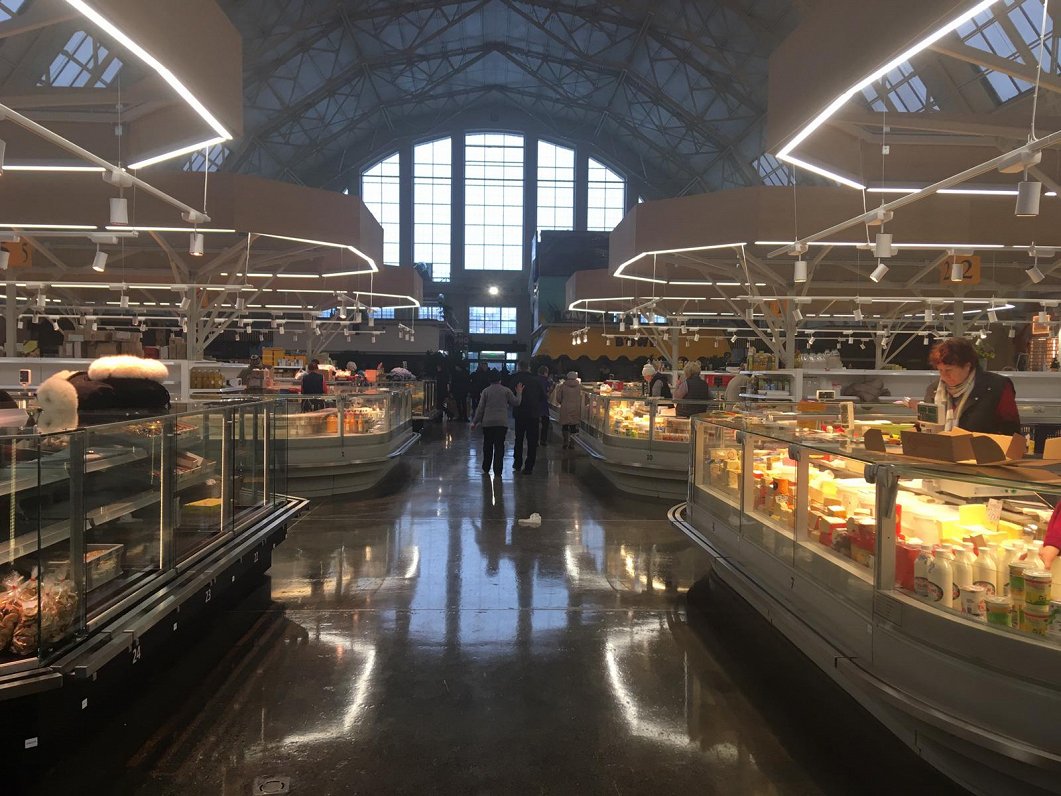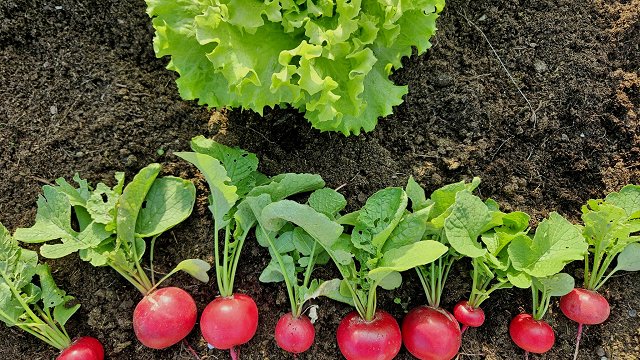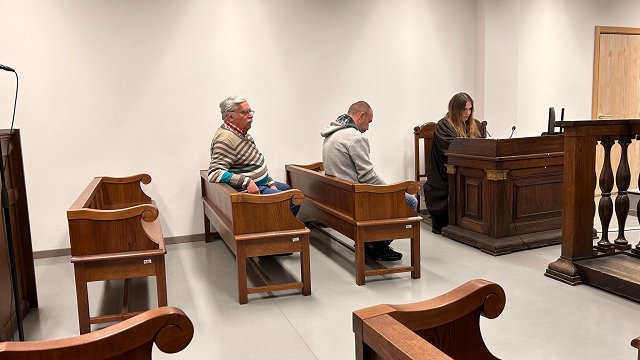“We want to learn and improve our culinary techniques, learn more about current global trends, gain knowledge from the best and understand the level that Michelin experts expect from us in the future. This year's hot topic is efficiency and sustainability, so we need to focus on the optimum use of energy, green thinking, using seasonal local produce and reducing waste. We will learn these topics with several experts, and we are willing to change many things in Latvian catering companies to achieve not only the highest quality but also efficiency,” said Svetlana Riškova, President of the Latvian Bocuse d'Or Academy, Board Member of the Chefs' Club, commenting on the training.
The training consists of six webinars and three masterclasses with both local and international tourism experts.
The webinars are being led by industry-recognised experts from both Latvia and abroad. They will include local experts – Svetlana Riškova, Jānis Jenzis, Didzis Grāvītis, Gundega Skudriņa, Ēriks Dreibants, as well as Justinas Kapkovičius, the ambassador of the Lithuanian Sustainability Academy, and Estonian Fotografiska restaurant, Michelin Green Star chef Peeter Pihel, Estonian one Michelin star chef Matthias Diether of 180 degree restaurant, as well as Deivydas Praspaliauskas, the well-known chef of Amandus restaurant in Lithuania.
The live masterclasses are led by Chef Artur Kazaritski of the Michelin restaurant Geranium in Denmark and Fridgeir Ingi Eiricsson, owner of Eiriksson Brasserie and President of Bocuse d'Or Iceland, together with Sigurjon Bragi Geirsson, Bocuse d'Or Iceland 2022-2023 candidate. A masterclass on current developments in energy efficiency and sustainable restaurant operations will be led by Chef Albert Franch Sunyer from Nolla restaurant in Finland.
Inese Šīrava, Head of the LIAA Tourism Department said: “Food is part of every country's culture and one of the must-tries for tourists when traveling is to try the local food and drink. Gastronomy tourism has been growing in recent years as a way to showcase not only a country's traditions and history, but also what is relevant today – the use of local and seasonal products, sustainable farming, hospitality, innovation and skills. We are already getting the best feedback from foreign visitors about the food they enjoy in Latvia. We want to further improve the professionalism of our restaurant personnel through training, as we have to operate in an international environment and compete with restaurants from other countries.”

























